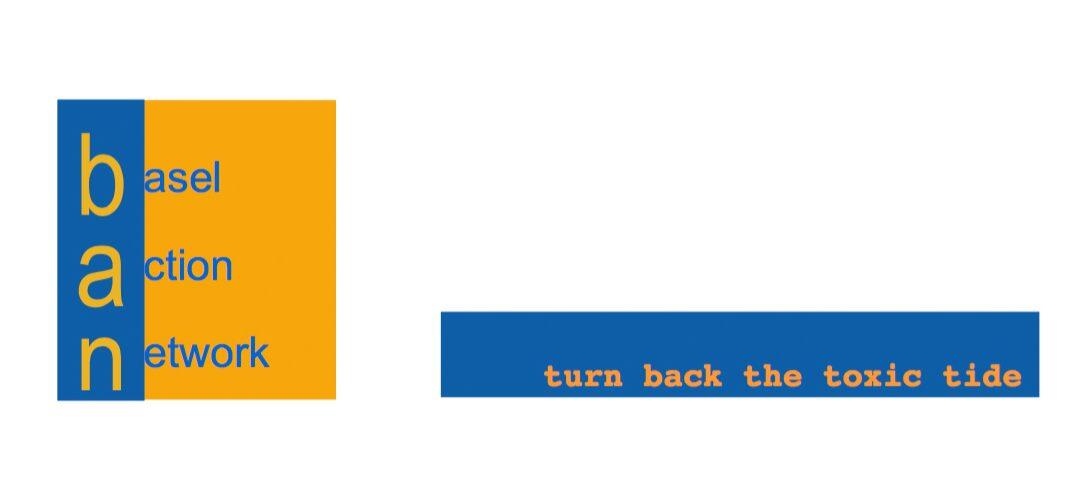Italy is a member state of the European Union and therefore must abide by the EU Waste Shipment Regulation. It is Basel Party, has ratified the Basel Ban Amendment (not yet in force) and is a Signatory but not a Party to the Izmir Protocol. Italy is an Annex VII country under the Basel Ban Amendment. Italy is a member state of the OECD.
Morocco is a Party to the Basel Convention, has ratified the Basel Ban Amendment (not yet in force), and they are a Party to the Izmir Protocol but is not a Party to the Bamako Convention. Morocco is a non-Annex VII country under the Basel Ban Amendment. Morocco is not a member state to the OECD.
Examination of Legality of Export from Italy
To determine the legality of this shipment from Italy to Morocco, one need go any further than to look into the EU waste shipment regulation and in particular Article 36 regarding the prohibition of wastes to countries to which the OECD decision does not apply.
Scope:
The waste in question has been characterized in the news report1 as “ plastic and pneumatic waste, with the acronym RDF (refuse derived fuel)”. One cannot fathom the meaning of “pneumatic” waste unless the meaning is that the waste is used “pneumatic tyres”. Most “refuse derived fuel” comes from “Wastes collected from households” which appears on Basel Convention Annex II and the Waste Shipment Regulation’s Annex 5 Part 3.
Applicable Control Procedures:
RDF, then, if consisting of wastes collected from households is going to be a controlled waste subject to a full prohibition on export from Italy to Morocco.
However, “pneumatic tyres” if directed to an energy recovery facility will not be considered as a controlled hazardous waste under the Waste Shipment Regulation but will be considered as a “green” listed waste subject to the provisions of.
Mixed, wastes collected from households and pneumatic tyres, will be considered as controlled Annex V wastes and therefore prohibited (Article 36, 1, d).
Even in the case where the waste in question is deemed a “green” listed waste (e.g tyres for energy recovery), Regulation 1420/1999 requires that the non-OECD country in question be queried as to whether is wishes to control said waste prior to importation.
Finally, and relevant in this case, the EU is forbidden under its Basel obligations to export any wastes whose import is banned by the recipient country. In this case the obligations of the Izmir Protocol clearly stipulate that Morocco cannot import this material legally and therefore EU states regardless of their having ratified the Izmir Protocol or not cannot export the wastes in question to Morocco.
Examination of Legality of Import into Morocco
Generally speaking, the import of non-hazardous wastes is subject to authorization from the Ministry of Environment (Competent Authority of Morocco).
However with respect to trade taking place within the Mediterranean sea geographic area defined by the Izmir Protocol (defined in Article 1 of the Barcelona Convention, Article 5, paragraph 4 of that protocol applies to Morocco as Party to it:
The Izmir Protocol includes “wastes collected from households as a hazardous waste and therefore, as Party to the Izmir Protocol, Morocco shall prohibit all imports and transit of hazardous wastes. Hazardous wastes including RFD will be included in this prohibition.
By virtue of the Izmir Protocol’s additional use of its Annex II, any waste possessing a listed hazardous characteristic will also be considered hazardous. Listing H4.1 Flammable Solids, would apply to waste tyres, and therefore would also be prohibited from entry into Morocco.
Conclusion
Under the EU waste shipment regulation, no wastes listed in Annex V can be exported to a non- OECD country like Morocco. This would mean that no “wastes collected from households” can be exported. “Green” listed wastes such as used tyres being exported for energy recovery could be exported subject to approval from the Moroccan government.
However, because Morocco is a Party to the Izmir Protocol of the Barcelona Convention, it is forbidden to import any waste possessing a hazardous characteristic or listed on its Annex I (which includes “wastes collected from households”). And as it is forbidden to import, Italy is likewise under the terms of the Basel Convention obligated to respect the recipient country’s import ban and prohibit export to it.
In sum, the proposed export of waste as described in the referenced media report, contravenes the international legal obligations of Italy and Morocco.
Source: Basel Action Network












